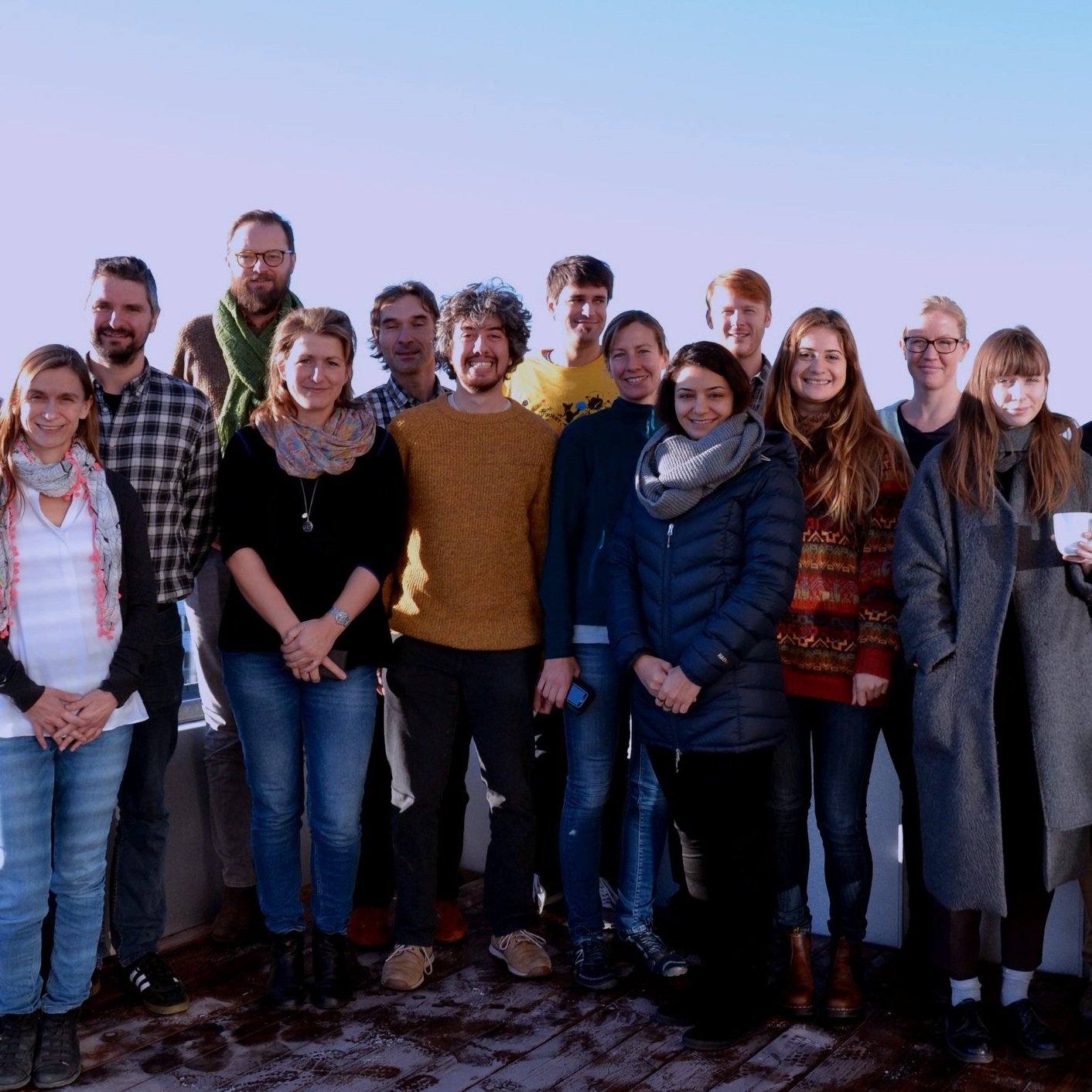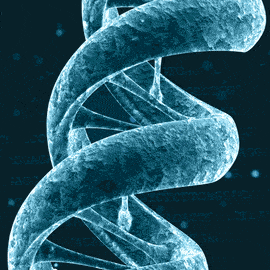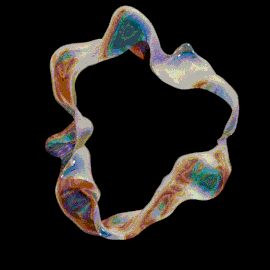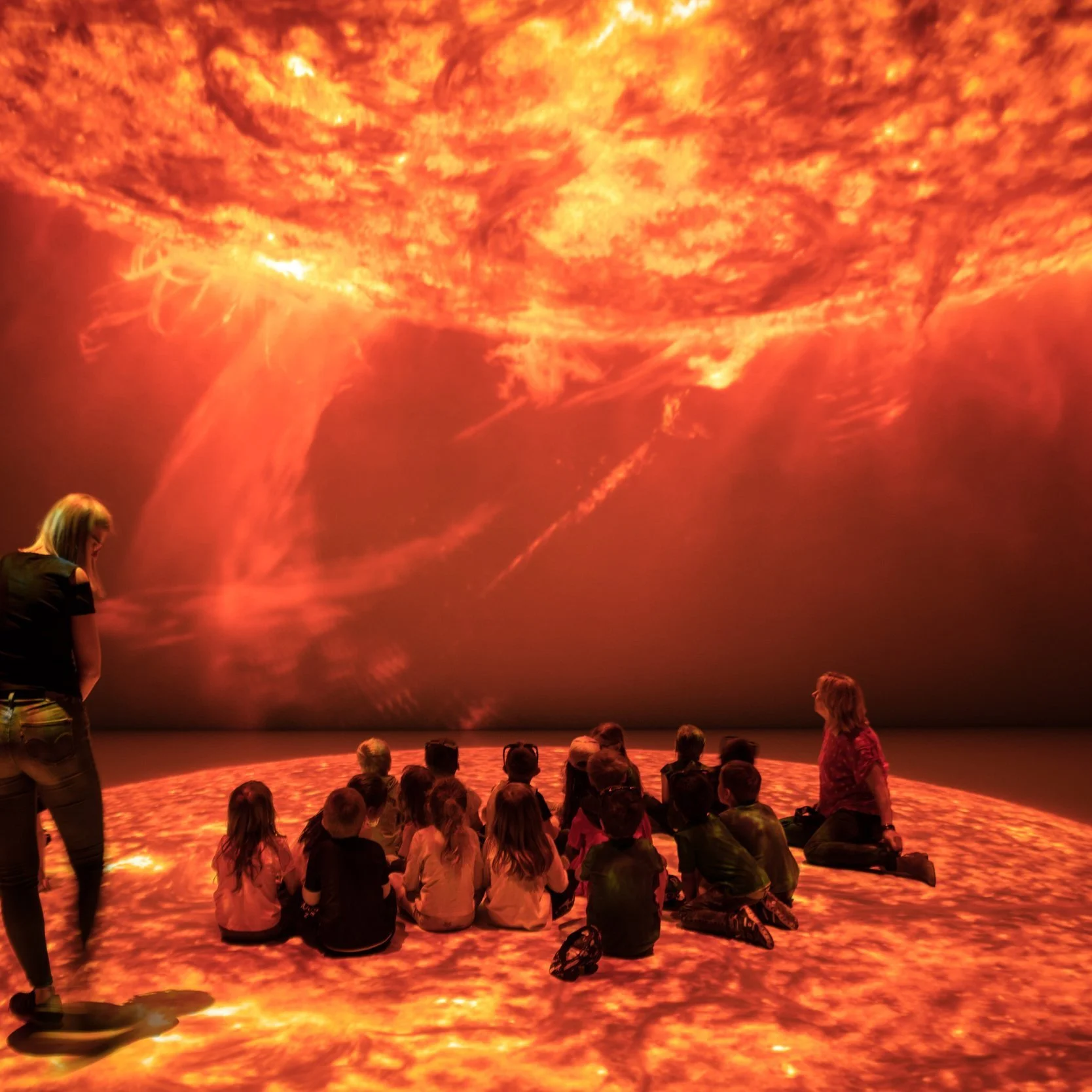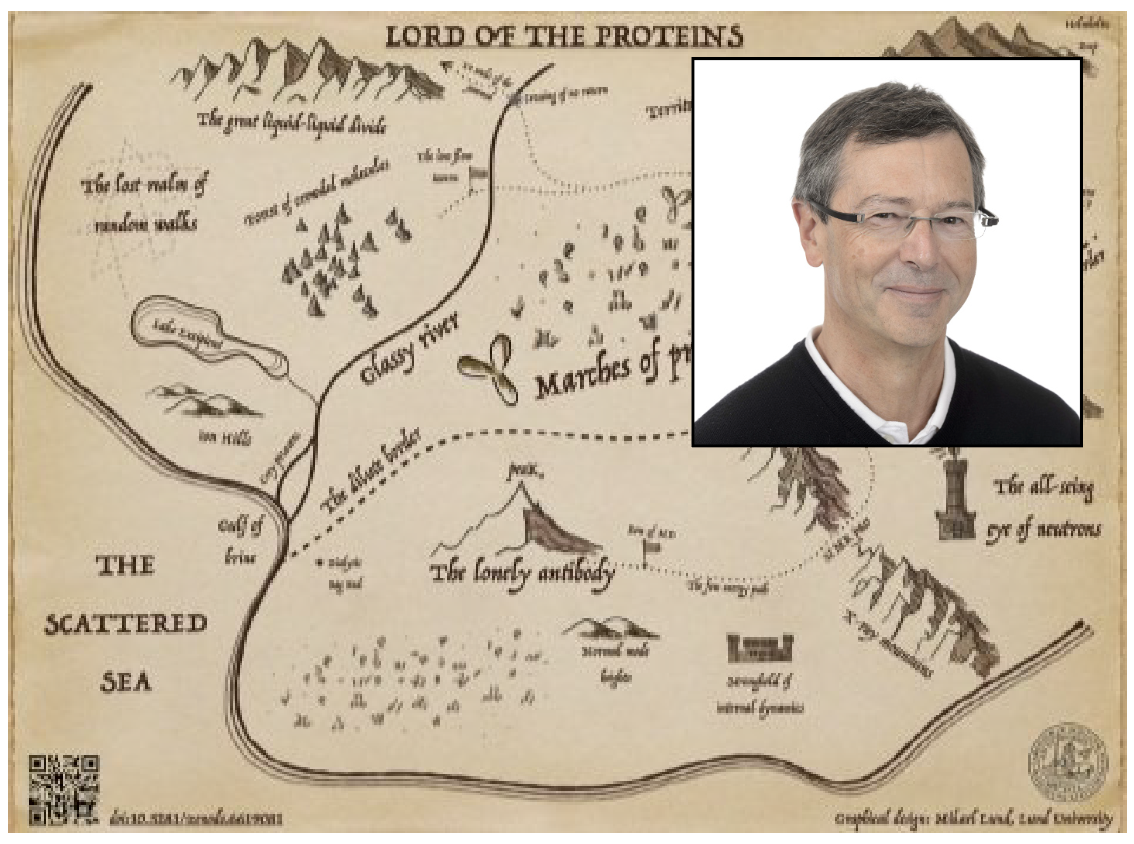When: 11 October, 2023, 15:30–16:30 CET
Speaker: Peter Schurtenberger, Lund University, Sweden.
Title: “Understanding the structure and dynamics of concentrated antibody solutions - pros and cons of a colloid approach”
Abstract: Monoclonal antibodies (mAbs) have moved into the focus of pharmaceutical industry as a major platform for potential drug candidates. However, successful mAb applications that allow for facile home administration require stable and low viscosity high concentration formulations, which are often difficult to achieve. mAbs are prone to exhibit reversible self-association at high concentrations that result in enhanced viscosity. This creates the need for an advanced predictive understanding of the stability and viscosity of concentrated protein solutions. Here we investigate the link between self-assembly and viscosity in concentrated solutions of monoclonal antibodies using a soft condensed matter approach that combines different experimental techniques (primarily static and dynamic light scattering, small-angle X-ray scattering and microrheology), with theory and simulations based on colloid models. We in particular focus on the importance of electrostatic interactions in controlling self-assembly, and provide a theoretical and experimental framework for a quantitative assessment of antibody charge, interactions, self-assembly and flow properties.
The complexity of the system, formed by anisotropic and flexible large molecules that interact through a number of different intermolecular forces, makes a theoretical treatment capable of providing a quantitative link between the molecular structure and the various structural and dynamic quantities obtained in experiments a real challenge. Experimental data obtained from scattering and rheology experiments are commonly interpreted using simple colloid models. However, it has also been recognized that proteins such as mAbs are much more complex than the typical hard sphere-like synthetic model colloids. Proteins are not perfect spheres, and their interaction potentials are in general not isotropic, and using theories developed for such particles are thus clearly inadequate in many cases. Here we will make an attempt to critically discuss the somewhat controversial exploitation of colloid science concepts to better understand protein solutions.
We will look at different coarse graining strategies that allow us to incorporate crucial molecular information into colloid-like models that are then amenable to computer simulations as well as numerical and analytical calculations. We present comparisons between experimental data and theoretical predictions for different antibodies that form either stable low viscosity concentrated solutions or are prone to self-assemble into transient clusters that result in strongly increased viscosity values. Finally, we will look at current limits of such colloid-inspired approaches, and outline possible strategies for further improvements.
During our events we sometimes take photographs and short film clips to profile our activities. Please let us know if you don’t want to be in any photos/films before we start the event. Some webinars are recorded to be used for educational purposes in the LINXS website.
By registering to our events you give your permission to LINXS, according to the General Data Protection Regulation (GDPR), to register your name and e-mail address to be used for the sole purpose of distributing newsletters and communications on LINXS activities.











